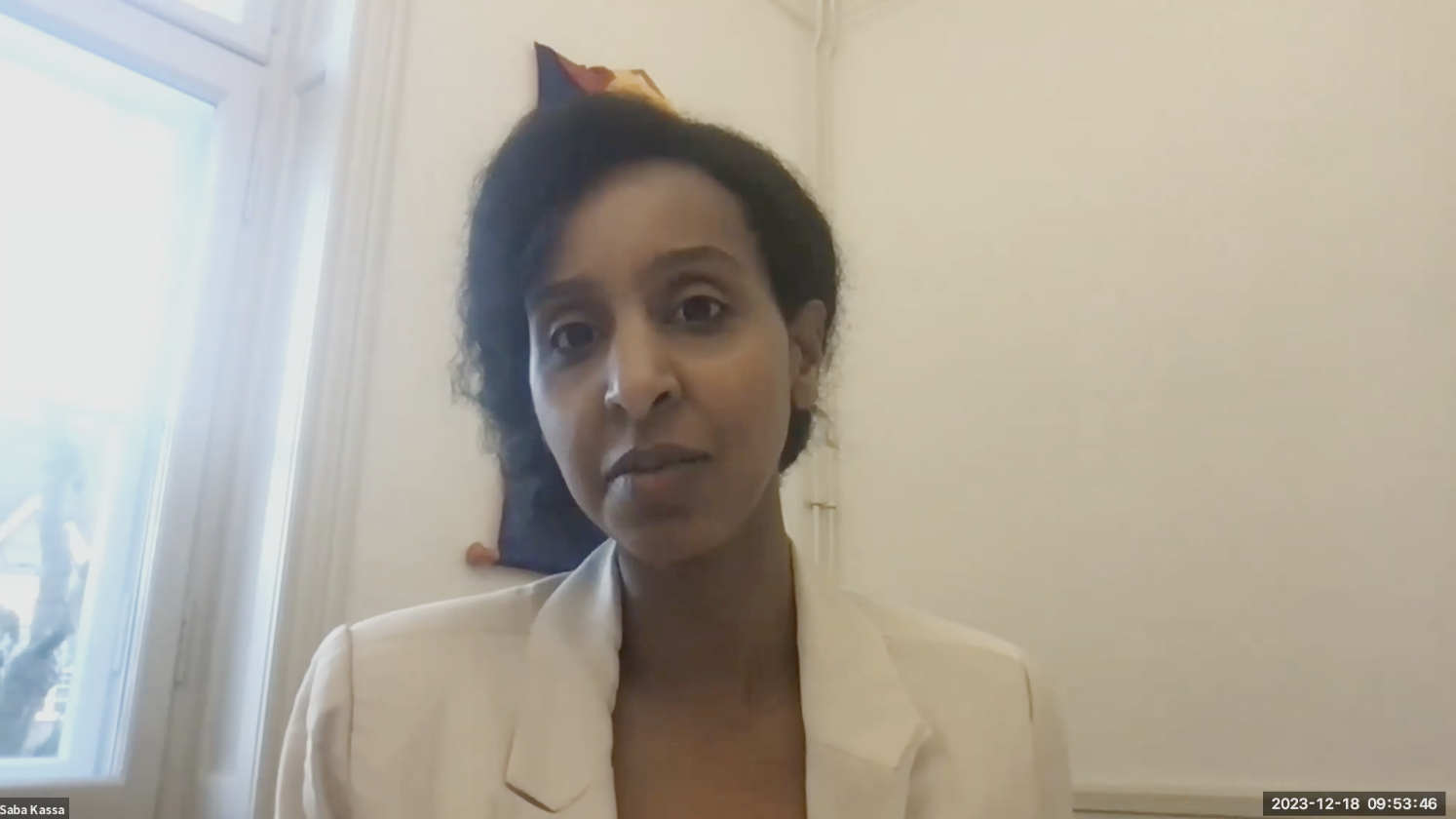How to make better use of political economy analysis in anti-corruption and conservation programming

It is becoming a truism that projects designed to address society’s biggest problems – like corruption or environmental degradation – need to be based on an understanding of the political context.
It is clear why. Without an understanding of the political context, we may miss important policy opportunities or stakeholders who can support and sustain the project goals. Our efforts may clash with power dynamics in unexpected ways, introducing unforeseen risks and undermining what we seek to achieve.
Taking the political context into account in a project’s theory of change enables us to learn about potential obstacles and adapt our plan accordingly. An insight into the local power dynamics and politics can also strengthen and validate the underlying logic of a project.
So why don’t we use political economy insights in anti-corruption or conservation projects more often and more effectively?
Six-step guidance
Together with Micol Martini of WWF, I recently published a guide that offers practical suggestions for integrating political economy analysis results into a theory of change.
She summarises the findings brilliantly in this IUCN blog, so I won’t repeat them here.
Instead, at the guide’s online launch event, I first highlighted two common barriers to using political economy analyses in practice and ways to mitigate them.
Myth 1: Political economy analyses are complicated to produce
First, political economy analyses are often perceived as complicated to produce, requiring sophisticated political science skills.
That isn’t true. Political economy analyses come in all shapes and sizes. Our guidance emphasises that pragmatic approaches can be useful in identifying the right political economy analysis approach.
Political economy analyses are less about having the right skills and more about asking the right questions.
Myth 2: Political economy analyses are problematic to use
Second, political economy analyses are sometimes perceived as complicated to use.
This is reinforced by the idea that politics and power are negative, presenting a danger to programmes.
In fact, it is helpful to see how politics offers possibilities, not only problems. Understanding the politics and the context helps us to see new connections, find the right stakeholders to engage and spot the low-hanging fruit.
Political priorities also shift, so it's good to keep abreast of how changes might impact a new or ongoing programme.
What’s needed?
At the launch event I also emphasised the need for spaces for dialogue between those conducting political economy analyses and programme implementers.
Because political economy analysis is not only about thinking politically, it is about working politically.
For example, as part of a collaboration with the Targeting Natural Resource Corruption (TNRC) project, we conducted political economy analyses in three countries to understand why corruption risks may arise in the investigation and prosecution of illegal wildlife trade cases.
We had two different types of analysis. One looked at what kind of corruption risks may emerge in investigations and prosecutions of illegal wildlife trade cases. The other study explored the broader context and identified the underlying drivers of the corruption risks.
Instead of just sending the results to stakeholders, we organised conversations where we presented the findings of the political economy analysis, summarised the key ideas and reflected on the implications for anti-corruption policies.
In this way, we helped our colleagues and partners to design anti-corruption interventions that would:
- be more effective in their particular context;
- be more resilient to threats from powerful political interests and stakeholders;
- address the causes rather than only the symptoms;
- identify better ways to monitor and evaluate progress;
- be easier to adapt to changes in the political context.
Learn more
- Read the six-step guide for practitioners: Translating political economy insights into conservation practice, by Micol Martini and Saba Kassa.
- Read our TNRC practice note: How political economy analysis can support corruption risk assessments to strengthen law enforcement against wildlife crimes.
- Watch the launch event and read the key takeaways.




